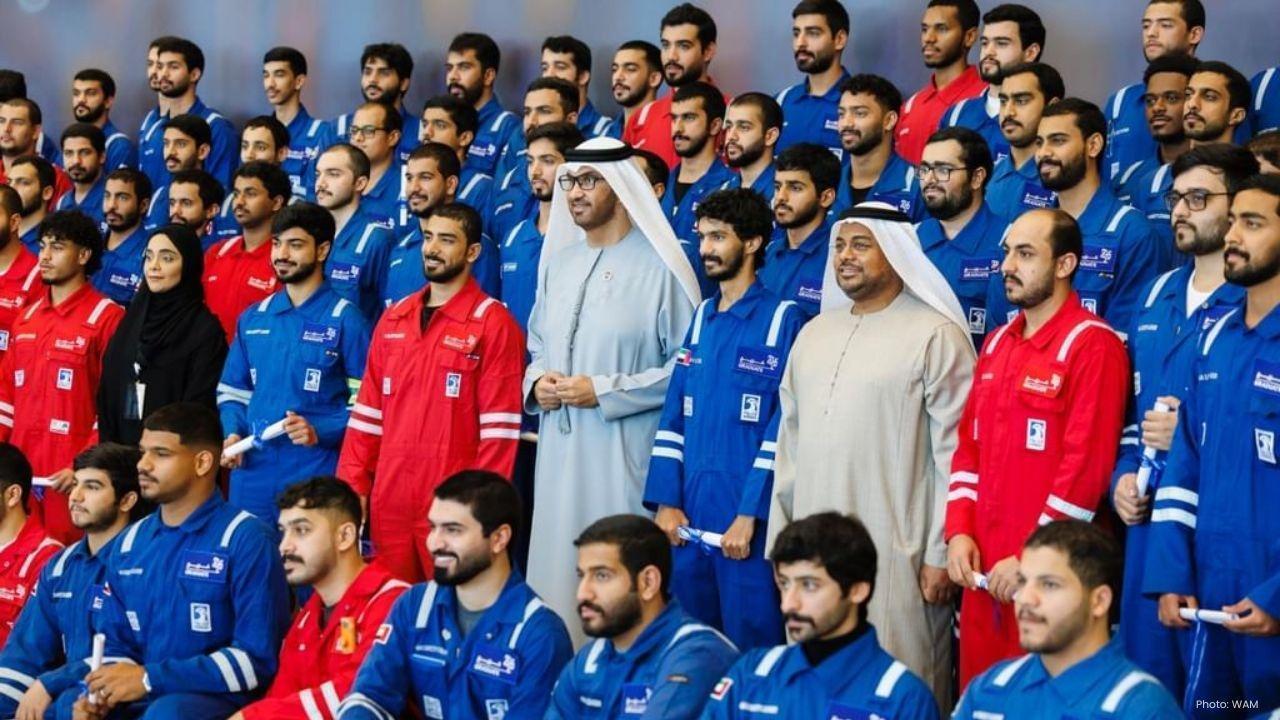
Post by : Anees Nasser
For years, search engines operated under a familiar framework. Users typed in queries, perused a list of links, clicked on several, compared information, and formed opinions. Competition for visibility was fierce, establishing SEO as a critical digital strategy.
This landscape is changing dramatically. Search is transitioning from link-retrieval modes to intelligent answer generation. Rather than just redirecting users, AI now curates summaries, insights, comparisons, and recommendations directly within the search interface.
The implication? Search engines are evolving into knowledge delivery systems rather than mere traffic conduits.
Clicks are becoming less assured. User attention is shifting. The balance between search engines and websites is transforming, prompting the entire digital landscape to adapt.
Traditional search offered:
– links
– snippets
– suggestions
– advertisements
AI-enhanced search provides:
– conversational responses
– structured overviews
– expert reasoning
– context-aware recommendations
– personalized responses
– real-time data blending
– methodical guidance
Users are increasingly presented with one intelligent answer instead of ten blue links.
This shift indicates that search engines are not merely conduits; they are evolving into interpreters of online content, determining relevance and shaping user understanding before they even click on a website.
For brands and content publishers, being visible now means being understood by AI, extending beyond basic indexing.
SEO's emphasis has shifted from keywords to contextual understanding.
Search engines are no longer just analyzing text; they are interpreting meaning. This transition favors:
– in-depth topics
– signals of expertise
– trustworthy tones
– organized data layers
– clear structure
– user-centric presentation
This transformation is not a death knell for SEO; rather, it is a maturation of the discipline.
AI-driven overviews may diminish shallow interactions but elevate sites that provide:
– in-depth explanations
– primary research
– valuable insights
– unique case studies
– human interpretation
– sector authority
Content of minimal effort will decline.
Surface-level articles will disappear.
Replicated SEO strategies will fail.
Conversely, websites that educate, uncover, analyze, narrate, and substantiate will thrive. AI respects depth, therefore true opportunities lie ahead.
Prepare for a decrease in traffic numbers—yet expect enhanced traffic quality.
Previously, intent categories were simple:
– informational
– navigational
– transactional
– commercial
AI-infused searches now introduce more dimensions:
– exploratory intent
– conversational intent
– comparative intent
– synthesis intent
– creative ideation intent
SEO strategies must adapt to serve multi-faceted user journeys, beyond mere keyword triggers.
Search engines are increasingly recognizing:
– demonstrable expertise
– verifiable claims
– credible authorship
– professional tone
– original insights
Generic content is becoming less influential.
Valued voices are gaining traction.
Writers matter once more. Analysts and experts hold significance. Human credibility is reestablishing itself as a crucial ranking factor.
To cater to AI, content must be well-structured. Contemporary search engines prefer content designed for both audiences and algorithms.
Effective content features:
– clear headings
– logical bullet points
– structured breakdowns
– schema markups
– verified assertions
– useful visuals and data
– succinct definitions
Disorder confounds. Clarity prevails.
Search engines evaluate user interactions on a site:
– do they scroll?
– do they remain?
– do they engage?
– do they trust it?
Engagement validates relevance. Format and accessibility serve as significant indicators. Seamless navigation, cohesive visuals, and easy-to-read text are no longer mere luxuries—they are critical for visibility.
Exceptional content combined with a great user experience results in sustained relevance.
Old mindset:
“Write to rank well on Google.”
New mindset:
“Write to establish trust with both humans and AI.”
Focus on creating content that algorithms favor because it offers genuine value to readers.
What AI cannot replicate, it will prioritize:
– authentic opinions
– lived experiences
– personal expertise
– genuine observations
– factual data
– interviews
– investigative insights
Websites that merely imitate others will diminish in relevance.
Websites that set the dialogue will flourish.
SEO mantra: Be the source, not just a summary.
Content creators should now:
– develop authoritative long-form content
– establish unique frameworks instead of generic ones
– rely on facts rather than guesses
– publish analyses and opinion pieces
– highlight authors and their qualifications
– enhance internal linking
– foster community engagement and audience loyalty
Most importantly—consider content as a product, not a task.
While AI excels at structuring, summarizing, and learning, it lacks the ability to:
– feel cultural nuances
– experience life
– identify subtle differences
– create original perspectives
– grasp emotional truths
Human creativity remains indispensable.
Human trustworthiness remains critical.
AI might filter the information, but humans will always shape the online landscape.
The search landscape is evolving into a new phase where machines interpret content before user engagement, underscoring the importance of trust, insight, clarity, and originality.
Traffic won’t disappear—it will concentrate around sites that genuinely merit it.
SEO won’t come to an end—it will transition into a nuanced field focused on meaning, authority, and value exchange.
The future belongs to:
creators who delve deeply,
brands that educate openly,
and voices that dare to be distinctive.
Search doesn’t conclude.
Search matures—and so must we.
This editorial reflects evolving dynamics within search technology and content behavior. These systems continue to change, producing varying outcomes across different sectors, formats, and audience demographics. Content makers should adapt based on their objectives and audience requirements.










Shubman Gill's Neck Injury Puts Second Test Participation in Doubt
Shubman Gill is recovering from a neck injury, raising concerns about his availability for India’s s

Daryl Mitchell's Availability Uncertain Following Groin Injury in ODI Series
Daryl Mitchell's participation in New Zealand’s ODI series against West Indies is in jeopardy due to

Exploring the Maximalist Elegance of Sonam Kapoor’s Mumbai Residence
Discover Sonam Kapoor's Mumbai home, where heritage influences meet a luxurious aesthetic, perfect f

McLaren Welcomes Three Promising Young Female Drivers
McLaren strengthens its Driver Development Programme with the addition of three talented young women

Haaland Guides Norway to World Cup Glory for First Time Since 1998
Erling Haaland propelled Norway into the 2026 World Cup, scoring 16 goals and earning admiration as

Curacao, Haiti, and Suriname's Quest for World Cup Glory
Curacao, Haiti, and Suriname aim for a historic World Cup spot as Concacaf qualifiers reach their th